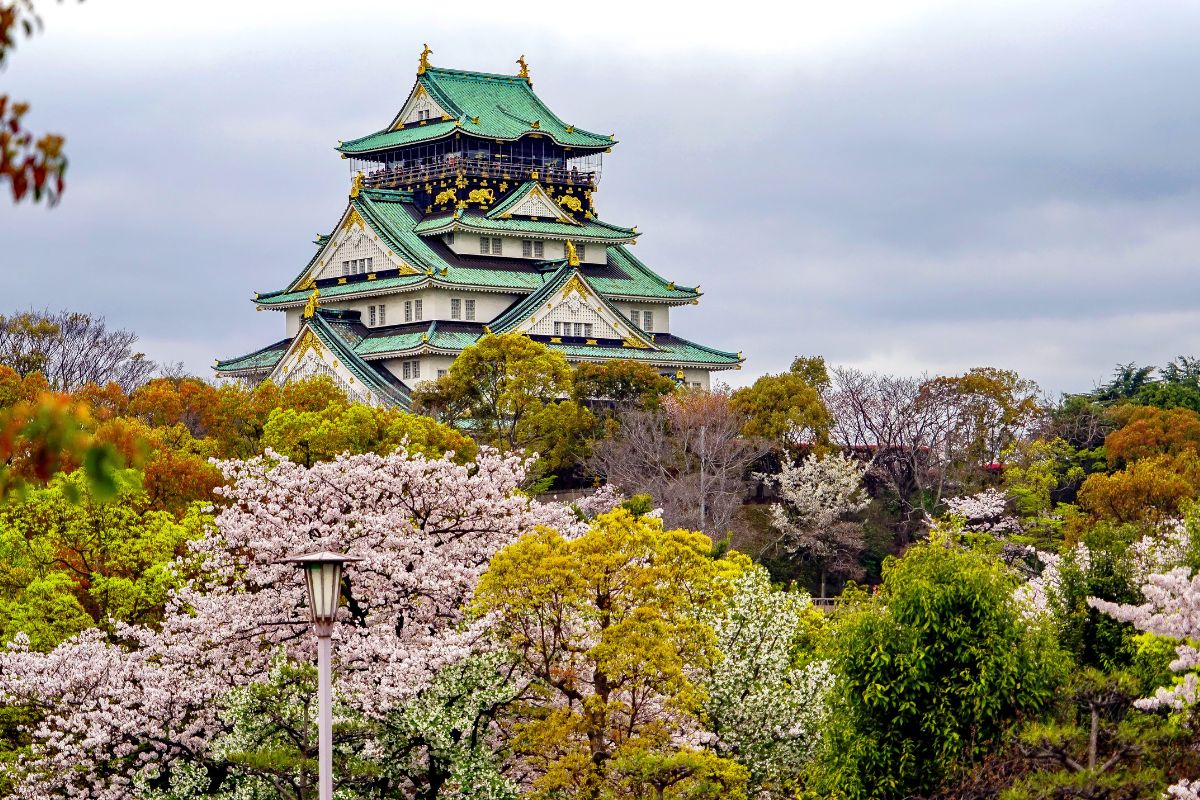Japan is a country of wonders. When it comes to the medical side of things, it ranks in the top 15 best in the world.

It spends an enormous amount of its GDP on healthcare every year, and has the second-highest life expectancy in the world, second only to Hong Kong.
Japan only spends 1% more of its GDP on healthcare than the United Kingdom does, yet it places 11 spots up – it’s incredible.
Even when it comes to the number of hospital beds per 10,000 people, Japan is in the top five, and is only beaten by countries with spare populations like the Virgin Islands and Greenland.
Overall, Japan’s healthcare is amazing – but is it free? It’s great to talk about fantastic healthcare, but it’s pointless if it’s too expensive to even afford.
So, just how affordable is healthcare in Japan? Or even better – can you get free healthcare in this gorgeous country of cherry blossoms?
How The Japanese Healthcare System Works
Universal healthcare was established in Japan in 1961, thanks to the 1922 Health Insurance Act.
This system of healthcare makes it so that residents of Japan must sign up to the Statutory Health Insurance System, or SHIS.
This includes any foreigners who will be staying in Japan for three months or more.
People who are employed will be provided with Employees’ Health Insurance, and if you’re self-employed, retired, or unemployed, your prefecture will give you National Health Insurance.
Each local region or prefecture in Japan has its own unique insurance plan, so plans will vary across the country.
When you become insured, you will be covered for a variety of things, including:
- Surgeries
- Medications
- Doctor’s consultations
- Hospital admissions
- Dental consultations
- Dental procedures
- Medical tests
- Medical treatments
With your insurance, there is a copayment, which is mandatory.
Not only that, but individuals will be given a lump sum of ¥50,000 to help cover funeral costs when their next of kin dies, and after giving birth, you will receive ¥420,000.
This alone is much more than many countries offer, and is something to bear in mind when considering healthcare in Japan!
Health Insurance
You legally must have public insurance. Once you qualify for it, you need to sign up within two weeks, or you will start being charged back payments.
You can still choose to get private medical cover, but this is not a necessity by any means.
However, by also getting private medical insurance, you are getting more protection from life events and eventualities.
Private insurance is a good option for anyone who knows that they will need more medical treatment than the average person.
It’s worth noting that by getting private cover, however, you will not be getting private rooms or special treatment.
In Japan, hospitals are required to run on a non-profit basis, so everything will be treated the same.
The majority of public hospitals also won’t accept private insurance.
This means that you may need to pay your costs upfront, then claim the money back afterwards.
With that being said, private cover is very much worth it if you are someone with a chronic illness or other problems which will require more hospital visits than the average person.
It’s all about protecting yourself and your loved ones, but don’t expect special treatment because of it.
Is Healthcare Free In Japan?
The short answer – no. Healthcare is not free in Japan, but you don’t pay for it all out of pocket, either.
The government pays for at least 70% of the medical services you will need with your insurance.
However, you are also required to contribute towards it in the form of a copayment.
The copayments you need to make can vary, often dependent on age and employment.
Those who are 70 or over and still on working level, will still be required to contribute 30%.
There are caps on copayments, too, which are also dependent on your age and employment or income.
Those with lower incomes are reimbursed. This ensures that the system is as egalitarian as possible – in other words, it is to ensure that everyone is equal and gets both equal opportunities and rights.
This copayment isn’t paid out of pocket, either, though! Everyone will be provided with insurance from their employers.
Either that, or you will be able to get private insurance to cover any costs that come up unexpectedly.
Simply put, you will have to pay for very little, if anything, out of pocket, and insurance does a lot to help everyone.
Below is what copayments will generally look like based on your age:
- 0-5 – 20%
- 6-69 – 30%
- 70-74 – 20%
- 75+ – 10%
Is Japanese Healthcare Any Good?
As we already mentioned, Japanese healthcare is excellent. This is because of a mix of highly educated medical staff and amazing technology that Japan is known for.
This combination puts them above many other countries. As such, know that you would be in very safe hands if you required medical treatment in Japan.
What Is Healthcare Like For Foreigners In Japan?
Even if you are just visiting Japan for a short time, it is advised that you get private medical cover.
This is because you will have to pay for everything from the moment you get dropped off at the hospital from the ambulance. It’s better to be safe than sorry with your health!
For those staying in Japan for three months or more, it’s obligatory to sign up for national health insurance.
You will get the same rights and treatment as the citizens, and it isn’t optional.
However, on top of that, it may be beneficial to also get private medical insurance.
Looking at the numbers, a huge percent of the Japanese population also have private cover, just to help in the long-run.
Final Thoughts
So, while healthcare in Japan is not technically free, it does a lot to help cover the costs of medical treatment and bills.
Insurance is a huge part of life, and it will help protect you if anything were to happen.
With the government paying for around 70% of medical costs, it’s easy to see why Japan has such an amazing healthcare system, and how the people have an amazing quality of life.
- 16 Best Websites To Watch Japanese Movies With English Subtitles - May 11, 2023
- Is ZIPAIR The Best Airline For Traveling To Japan? - May 11, 2023
- Ryu Murakami Vs Haruki Murakami – Which One Should You Read? - May 11, 2023








